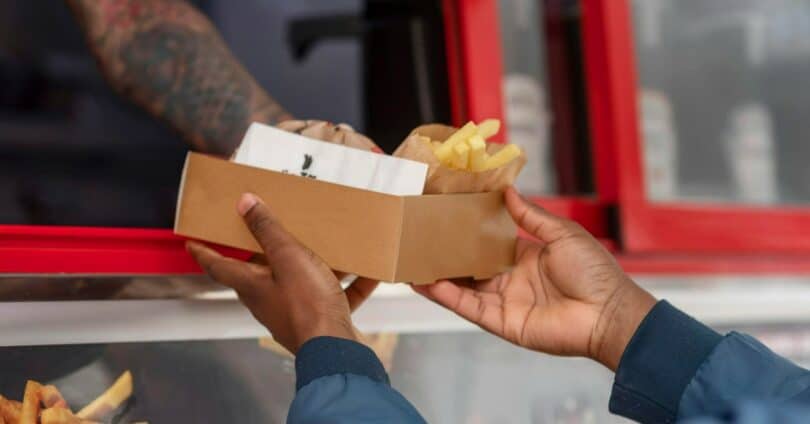Food carts have been an integral part of history for over a century, providing people with food and enriching their lives. Since the pandemic, more people are turning away from traditional employment in search of a more fulfilling and lucrative career path. The food cart industry has grown exponentially, averaging a 9.9% increase[1] and rising. For those seeking to get away from their boring 9 to 5, there are many high-quality food carts for sale that will help you realize your dream. Let’s explore the rich history of food carts and examine the challenges and benefits this exciting career opportunity offers.
Historical Evolution
While the food cart industry may seem like a relatively new phenomenon in America, the concept has been around for millennia. Roman merchants used food carts to deliver their wares, and covered wagons were converted into food carts and used for selling food to cowboys and loggers in the Wild West. One of the most popular food trucks made its debut in 1936 and was fondly named the Wienermobile. Owned by Oscar Meyer, it toured the nation, selling hot dogs in numerous cities and making its mark in modern-day history.
As time has progressed, food carts have evolved from simple, local businesses to a global culinary trend. It’s not uncommon to see dozens of food carts selling delicious fares at events, festivals, fairs, and more. In fact, foodies across the globe often travel to different countries to experience diverse and regional delicacies offered by local food cart operators. It’s clear to see that these popular operations are so much more than a restaurant on wheels; they are a cultural experience, highlighting delicious food made with love.
Cultural Diversity
One of the most important aspects of the food tricycle industry is how it encourages cultural diversity. Every food cart tends to mirror the local tastes and traditions of its region, making it unique. For example, food carts in Texas often focus on BBQ, tex-mex, and Mexican food, while New York-based carts often feature more eclectic offerings like Mac and Cheese and Indian food. The exciting part about owning a food cart business is the ability to create a fully customized menu that mirrors your target customers’ palettes while adding your own unique twist.
America isn’t the only spot where you can find memorable and mouth-watering meals on wheels. In England, it’s not uncommon to see food carts selling fish and chips at some of the popular tourist destinations. In Bangkok, Thailand, grills-it-yourself food carts are all the rage, where customers can cook their own seafood and enjoy ice-cold beer. For those with a sweet tooth, Melbourne, Australia, offers dessert food carts featuring creme brulee in a variety of flavors. No matter where you go in the world, you can find innovative and driven food cart owners offering some of the finest, most delicious food crafted from high-quality ingredients. It’s easy to see why the food cart industry is changing the way the world views eating out for the better!
Innovation and Fusion
Speaking of innovation, food carts are often the hub of culinary invention and fusion. Due to the freedom the lifestyle offers, food tricycle owners can experiment with different types of food concoctions, creating unforgettable fusions that keep their customers coming back for more. The key is taking traditional ingredients and finding a way to make them unique and exciting. Some perfect examples include Chicago-style hotdogs where the customer can customize their toppings for a savory dish that’s all their own. Doughnut burgers are another popular fusion, and food carts offering grilled cheese with a twist are always best sellers. Think about what you enjoy eating and try to find ways to liven it up; don’t be afraid to get a bit crazy; you never know when you’ll make the next viral culinary creation!
Impact on Local Economics
As the food cart industry grows, it promises to elevate local neighborhoods and help entrepreneurs succeed. As with any small business, supporting locally owned companies keeps funds within the surrounding neighborhood, helping to boost the local economy. The more food carts in a region, the more opportunities you have to help your neighbors discover the freedom of being self-employed.
Challenges and Opportunities
While there are so many benefits to owning a food tricycle, like endless growth opportunities and sustainability within the industry, there are challenges when getting started. Food cart owners must obtain licenses and abide by local regulations, and standing out from the competition can be a challenge. However, by offering unique food, using free marketing on social media, and not giving up, you can discover your dream of owning a successful food cart business!
Conclusion
For centuries, food carts have helped people provide delicious food while allowing them to be their own boss. As the industry grows, the opportunity for success increases. If you’re ready to discover the freedom that comes with owning your own business, check out food carts for sale in your area and start living your dream today!









